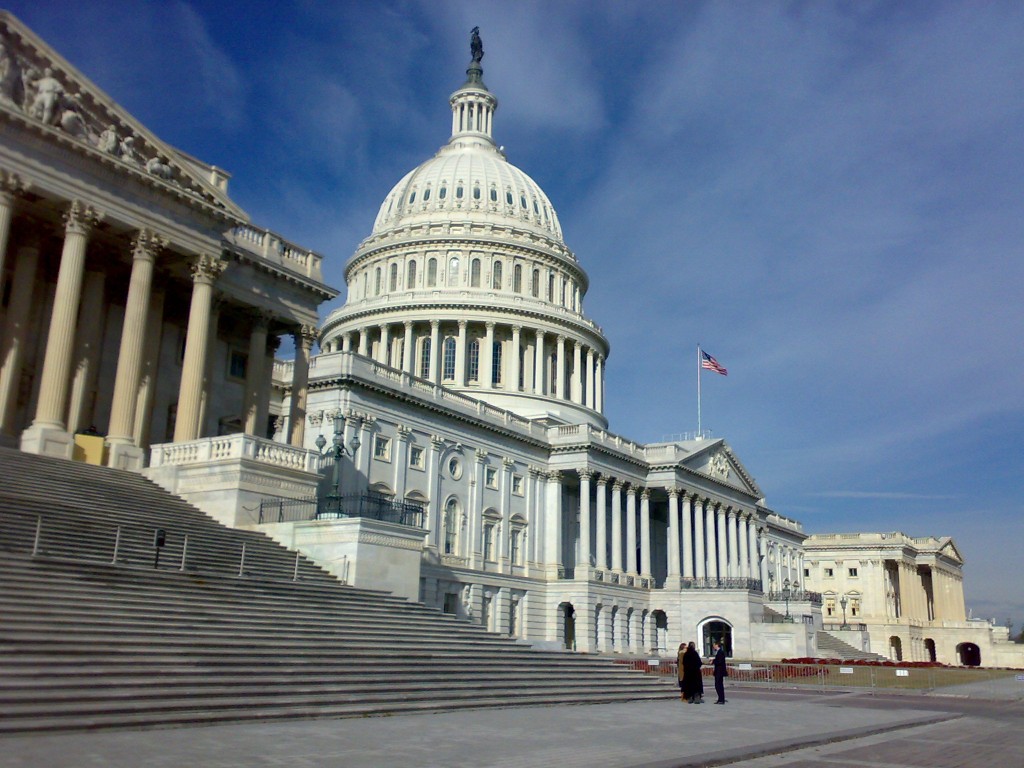
Will the Senate replace a harmful nondiscrimination provision in the RHYA reauthorization bill?
Update: The Senate Judiciary Committee did not take up S. 262 today, in part because of growing concerns about the nondiscrimination provision. But the bill is likely to be considered later. Religious freedom concerns will only be laid to rest when the current nondiscrimination provision is replaced by language that fully protects the legitimate views and actions of faith-based and other grantees, or is simply dropped.
The Senate Judiciary Committee will decide at a later date whether or not to accept the sweeping nondiscrimination provision that is part of S. 262, the bill to reauthorize the Runaway and Homeless Youth Act (RHYA). A significant proportion of homeless and runaway youth are LGBT, and if they suffer discriminatory treatment by RHYA grantees, a nondiscrimination provision may be an important reform to the program.
However, the nondiscrimination provision in the bill goes far beyond this. It would apply not just to this relatively small program but to nearly 80 programs, some of them very large, that are administered by HHS’s Administration for Children and Families (ACF)-and this without any examination of whether those programs need a nondiscrimination provision! And instead of focusing on how grantees treat the youth who are eligible for RHYA services, the sweeping language would also forbid otherwise legal and proper operations and programs offered by the grantees, even when those operations and programs are entirely privately funded. The assumption seems to be that any organization that is not LGBT-affirming cannot be trusted to serve all youth with respect. And yet faith-based and other organizations routinely provide excellent services to beneficiaries who are very different than the organization’s own staff.
The sweeping provision would also ban religious staffing by religious grantees-except that legal experts acknowledge that the Religious Freedom Restoration Act (RFRA), a two-decades old congressional law, would override that ban. Still, even with this RFRA protection, the proposed nondiscrimination requirement would put all of these religious ACF grantees in the same difficult position that the LGBT Executive Order for federal contractors has put religious contractors: unsure if their religious staffing practices will now be declared illegal as violating the new prohibitions on sexual orientation and gender identity discrimination.
IRFA has offered alternative language to Congress that would prohibit discrimination against beneficiaries without subjecting grantees to unneeded and harmful new restrictions. The language in the RHYA bill mirrors language that Congress adopted in 2013 when it reauthorized the Violence Against Women Act. That bill was adopted in haste, with little consideration of the collateral damage the nondiscrimination requirement would cause. This time the Senate and House have been alerted to the problems. What will they do?
